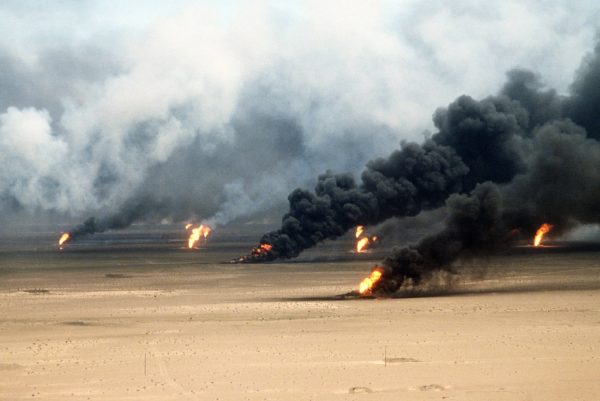Things Will Not Just Go Back To “Normal”
Most humans survive — at an existential and spiritual level — by assuming that what they have known as ordinary is “normal,” and that all deviations from this are temporary.
This enables us to keep a mental map of the world which is both static and comforting. We see what we know as a baseline that will return. And yet, as the poets warn us, we cannot step in the same river twice, which means that each moment is unique and only change is the constant.
However, nature has a plan that veers down the middle between constant and change. This plan uses cycles to change between different time-dimensions of a thing, so that it can be both unchanging and constantly changing.
This leads us to the question of what the cycle is. Is it individual lives? Particular societies? Or is it humanity as a whole? Again, nature has a more complex plan: individual societies go through cycles, but instead of being triggered by time, this change is driven by the choices made by those leading each society. This is why some civilizations last for a long time, and others a much shorter time.
Much as in nature there is Darwinian competition among individuals in a species, in humanity there is competition between these societies, but not as simple as war. It is a competition to discover what enables a society both endure and have high quality of life and knowledge.
In Western Civilization, which is Western Europe and the formerly British colonies of the New World and Oceania, we now face a struggle for our survival. The path upon which we have traveled for so long has led to nothing but failure, and that failure is accelerating.
We either do something different, or fade from history and see all that we — and our ancestors — have worked for disappear into the mists of time.
Tags: collapse, decline, fall, western civilization










